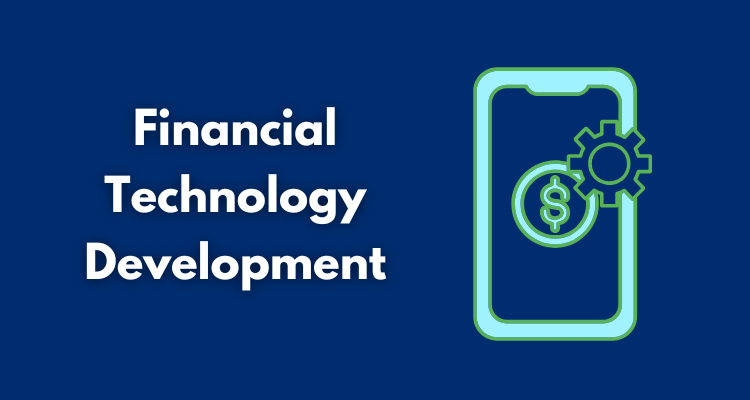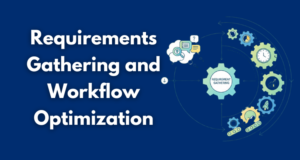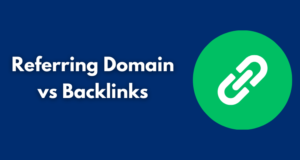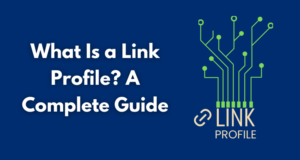From digital wallets and platforms for loans between users to blockchain-based payment systems, the demand for effective fintech solutions is growing more actively every day.
The key aspect of success remains not only a bright idea, but also a professional team with the appropriate level of experience that is able to implement it.
Choosing a reliable partner for the development of custom fintech solutions can be the decisive point between creating a breakthrough product and an expensive failure.
Table of Contents
ToggleKey Factors to Consider Before Choosing a Provider
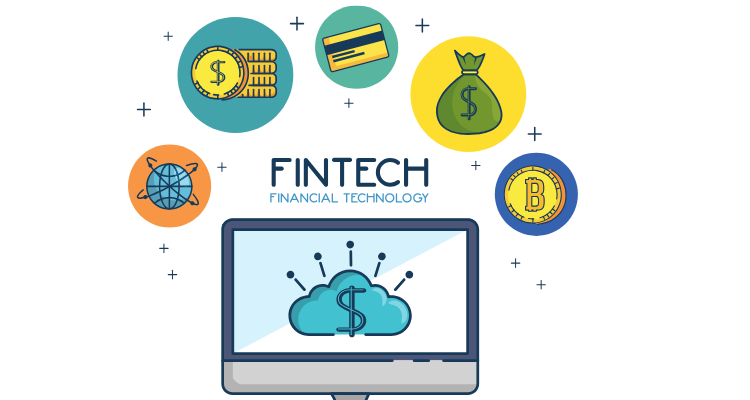
When evaluating potential business partners, your task is to determine the optimal combination of several key characteristics. First of all, this concerns their technical competence, which allows them to effectively solve practical tasks.
Additionally, a deep understanding of the specifics of the industry in which they operate is important to ensure a professional approach to unique challenges and market opportunities.
And, finally, an equally important component is their awareness of regulatory issues, which ensures compliance with applicable legislation.
Industry expertise and portfolio review
Software developers are not always perfectly oriented in the specifics of the financial sector. Therefore, a company specializing in fintech app development must meet the following criteria:
- The portfolio provided by them should include case studies in key areas of the financial industry: banking, payment systems, wealth management, or other related segments;
- Existing experience working with similar business models or successfully solving similar tasks;
- The company’s specialists should have a deep understanding of the key challenges of the industry, such as ensuring transaction speed, combating fraud, and comprehensive development of highly reliable systems that can withstand significant loads.
To better assess the competencies of developers, it is worth paying attention to their experience:
- Have projects been implemented for startups, large banks, or both at the same time?
- Can they demonstrate specific achievements in past projects, for example, increasing the customer base or increasing the level of security?
Fintech development services help businesses create secure, innovative solutions tailored to the rapidly evolving financial industry.
Technical capabilities (tech stack, integration, scalability)
The technology stack is the foundation of your fintech product. From server-side frameworks (Java, .NET, Node.js) to client-side technologies (React, Angular, Vue), the chosen tools should provide security and scalability.
Important points are:
- Integration with payment gateways, banking APIs and third-party services to create a flexible ecosystem.
- Scalability that allows you to cope with an increase in transaction volumes without losing system performance.
- Compatibility with cloud platforms (AWS, Azure, Google Cloud) to ensure adaptability and efficiency of the infrastructure.
- Use of modern innovations (blockchain, artificial intelligence algorithms) to detect any manifestations of fraud.
Compliance with regulatory standards (PCI DSS, GDPR, KYC/AML)
Regulatory compliance is a key component of the fintech industry, which goes far beyond simply writing software code. Successful development of effective fintech solutions must take into account the specifics of current legislation and implement the following standards:
- PCI DSS — ensuring reliable protection of payment cardholder data;
- GDPR — compliance with requirements for the processing and protection of personal data within the EU jurisdiction;
- KYC/AML — conducting user identification checks and combating money laundering.
Ignoring these regulations can cost businesses very dearly: from significant fines and legal problems to loss of customer trust and reputational damage. To avoid such risks, it is important to find out:
Does the provider have experience in passing compliance audits?
Does their team include experts in the field of regulatory compliance or cooperate with legal specialists?
A boutique software company offers customized, hands-on expertise to deliver highly specialized fintech products.
Evaluating the Vendor’s Security Measures

In the fintech sector, security is not just an optional extra; it is an integral component of trust. A trusted provider should provide:
- Encryption of data both in transit and at rest;
- Multi-factor authentication for users and administrators;
- Fraud detection algorithms based on artificial intelligence and machine learning;
- Regular code testing and auditing;
- Disaster recovery and backup protocols.
It is necessary to ensure that the provider follows best practices for secure coding to prevent vulnerabilities such as SQL injections or cross-site scripting. In the fintech sector, even a single breach can cause multi-million dollar losses and instantly destroy customer trust.
Budget and Project Timeline Considerations
Fintech projects often underestimate financial costs and implementation timelines, which leads to increased technical debt and long-term costs.
To properly budget, you need to:
- Request a detailed estimate with the stages of fintech project implementation;
- Clarify the payment model: hourly rates or fixed price;
- Consider hidden costs: licenses, APIs, hosting.
To determine the timeline for fintech project implementation, you need to:
- Aim for a realistic implementation schedule;
- Allow time for inspections and security audits.
Rushing into project implementation threatens quality, security, and scalability.
Post-Development Support and Maintenance
Developing and launching your fintech project is just the first step. Ongoing support ensures that the product remains relevant in a rapidly changing environment, taking into account:
- Adapting to changes in regulatory requirements;
- Protecting against new security threats that may emerge over time;
- Updating functionality according to user feedback and market requests.
When choosing a partner, you should discuss the following points:
Do they provide a service level agreement for prompt bug fixes?
How fast is their response to critical failures or problems?
Do they optimize the product according to the latest technologies and trends?
Common Mistakes to Avoid When Choosing a Fintech Partner
Even in the most carefully planned cooperation, mistakes are possible that can (and should) be avoided in advance.
Too low a cost of fintech development services can be a signal of insufficient security, weak team experience, or a lack of strategic support. Failure to comply with established security standards can not only damage reputation, but also block the launch of the product altogether.
An impressive presentation does not always indicate the real technical capabilities or competence of the company. What initially looks like a small application can grow into an international platform, so you need to be prepared for such development.
Without regular updates and support, even the best application will lose relevance and competitiveness over time.
Conclusion
Choosing a fintech software development company is a key component of your success strategy, and your ideal partner should not only have the technical skills but also demonstrate a deep understanding of the financial industry, including all applicable regulatory requirements, security principles, and scalability.
By focusing on industry experience, strong technical competencies, a commitment to security standards, and a willingness to provide ongoing support, you are laying the foundation for the long-term prosperity of your fintech project.
FAQ
It is necessary to have a deep understanding of all the key aspects related to financial technology development companies. Let’s take a closer look at the most frequently asked questions.
Why is compliance important in fintech development?
Compliance with current regulatory requirements ensures the legality and ethics of the product’s operation within the established financial standards. This allows you to protect users, prevent legal consequences, and help strengthen trust from customers and partners.
What technologies are commonly used in fintech development?
Among the popular technologies, Java, .NET, Node.js for the server side; React, Angular, Vue.js for creating user interfaces; AWS, Azure, Google Cloud as infrastructure solutions. Innovations such as blockchain frameworks and artificial intelligence algorithms for fraud detection are actively used.
Do fintech developers provide post-launch support?
Yes, most leading fintech product developers provide full post-launch support. It includes fixing technical bugs, updating security, adapting to changes in the regulatory environment, and implementing new features to keep your product relevant and competitive.

